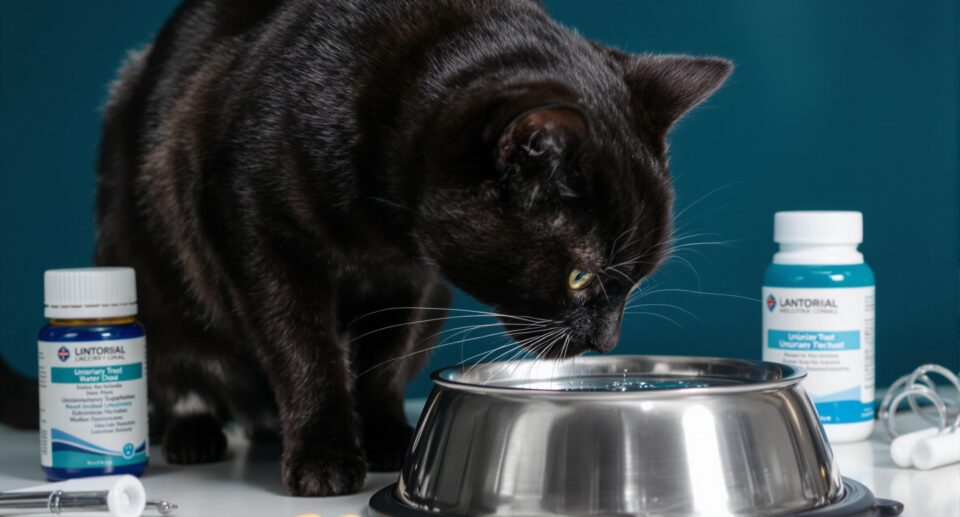Why Does My Dog Need Annual Heartworm Testing?

It’s time to stock up on your cat or dog’s heartworm preventatives – but first, you must see your veterinarian for a prescription. Before your vet will write that prescription, your pet will need a negative annual heartworm test. If you’ve been giving your pet their preventive on time every month, you might wonder why it’s necessary to go to your vet for testing each year.
How Do Veterinarians Test For Heartworms?
Annual heartworm test is a simple blood test that detects for the presence of antigens, proteins released by adult female heartworms. Antigen testing is fast, accurate and easy. You will usually get your pet’s results within a day or two of testing.
While antigen testing is fairly accurate, false negatives and false positives can happen. If the heartworms are too young or too old, or if they’re all male, they may go undetected. What’s more, your pet will only test positive if it’s been more than five months since they were first infected. If a pet is newly infected and gets a false negative result, the infection will be detected at the next test.
Annual heartworm testing is usually done at the same time as other health checks during a wellness exam. By taking your pet for yearly checkups with bloodwork, you can not only have them tested for a heartworm infection, but also for many other common health conditions like diabetes, some forms of cancer, thyroid issues, and more.
Heartworm infections, as well as many other serious chronic illnesses, often do not cause noticeable symptoms for months or even years. A wellness exam detects health issues at early, pre-symptomatic stages, giving your pet a greater chance at successful treatment and a long, healthy life.
Why Do Pets Need Annual Heartworm Tests?
Even if you give your pet their heartworm preventive on time every month, there’s always a chance that your pet may spit it out or vomit without your knowledge. Topical treatments may rub off, or your pet may go for a swim or have a bath soon after application.
There have also been some reports of heartworms developing resistance to preventatives, though this is not common. Manufacturers of heartworm preventatives usually have a guarantee and will cover the cost of your pet’s treatment if they do develop heartworm while using the product.
If your pet does have heartworm, and it goes undetected, continuing to use preventatives can be dangerous. Heartworm preventatives work by killing heartworms in their larvae stage. Adult heartworms are not affected by preventatives and will continue to cause damage to the blood vessels, heart, and lungs. Also, if a large number of microfilariae (baby heartworms) are suddenly killed off, your pet can go into shock and possibly even die.
Keeping Your Pet Safe From Heartworm
Remember, give your pets their heartworm preventative at the same time each month, year-round, and see your veterinarian for annual heartworm testing. Prevention is significantly safer, easier, and more affordable than treating an existing heartworm infection. It’s the easiest decision you’ll ever make for your pet.





